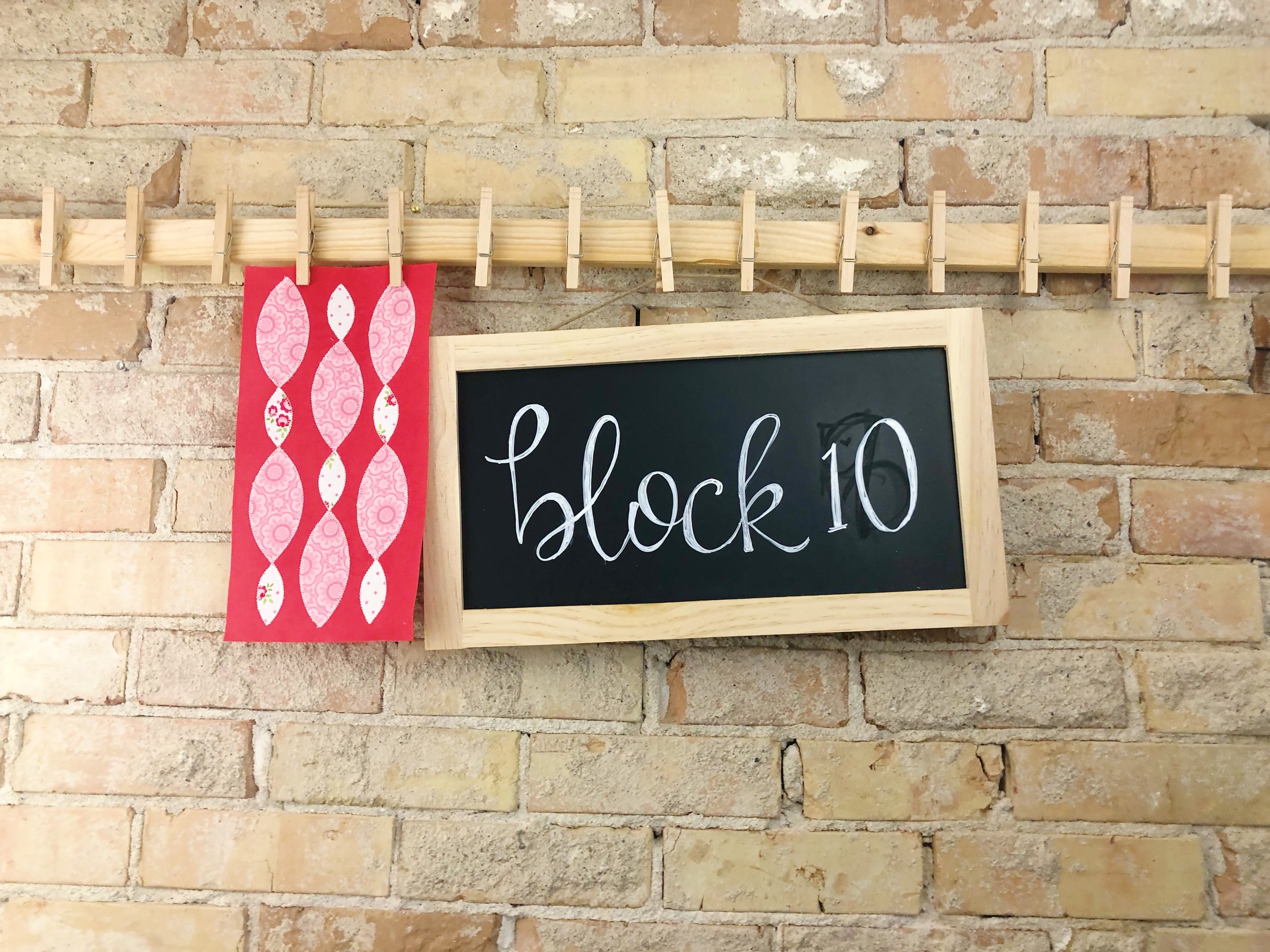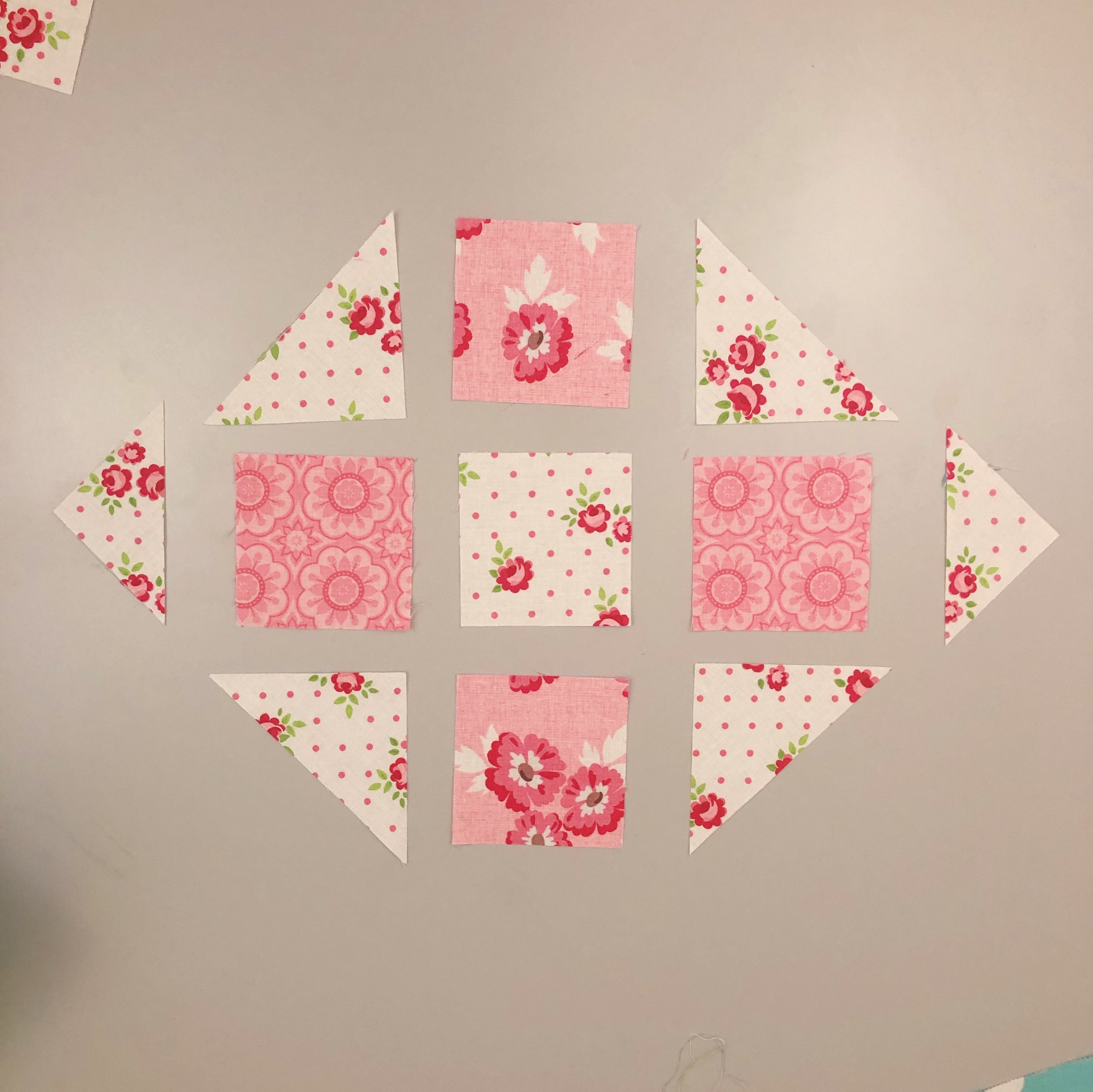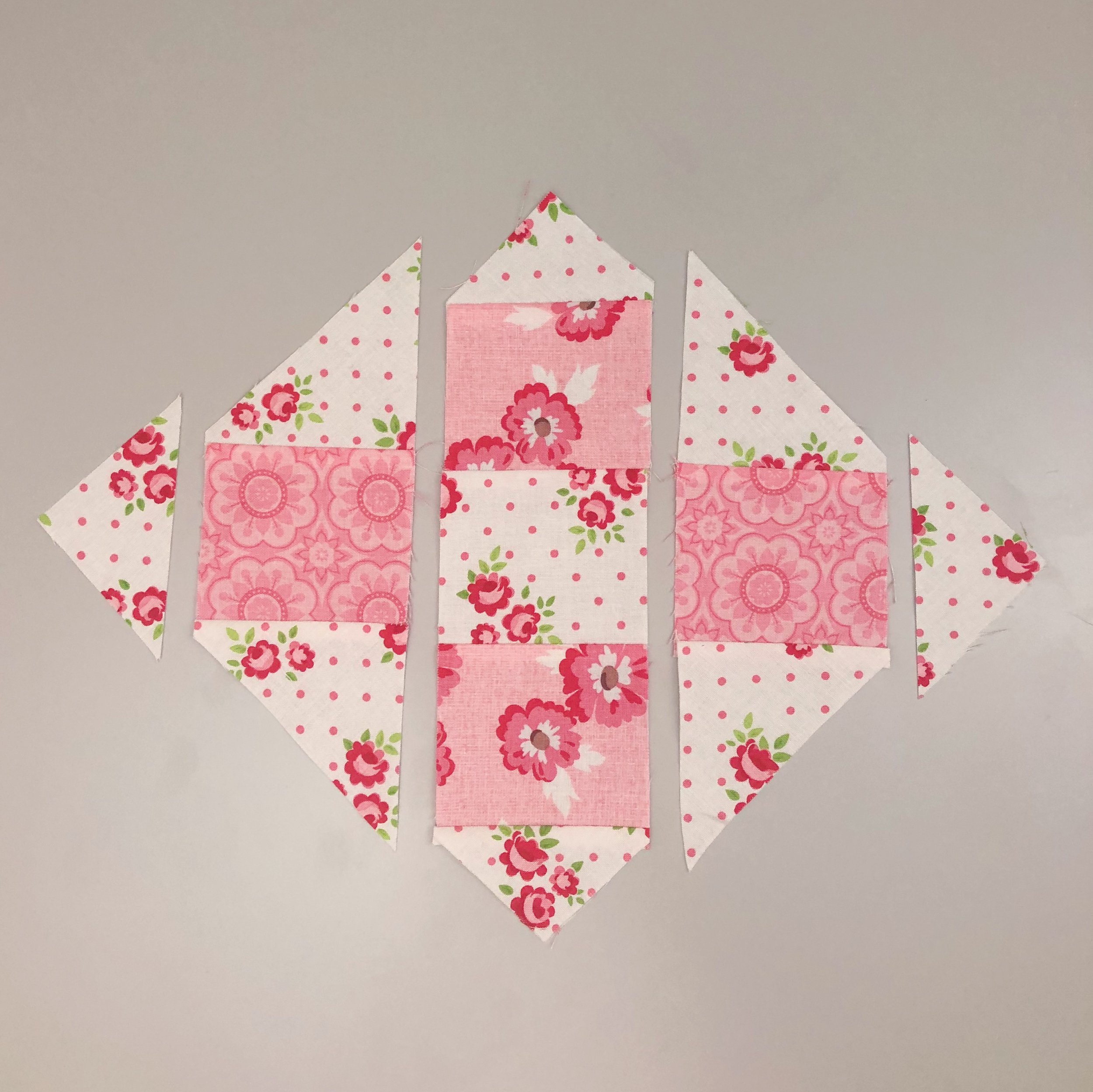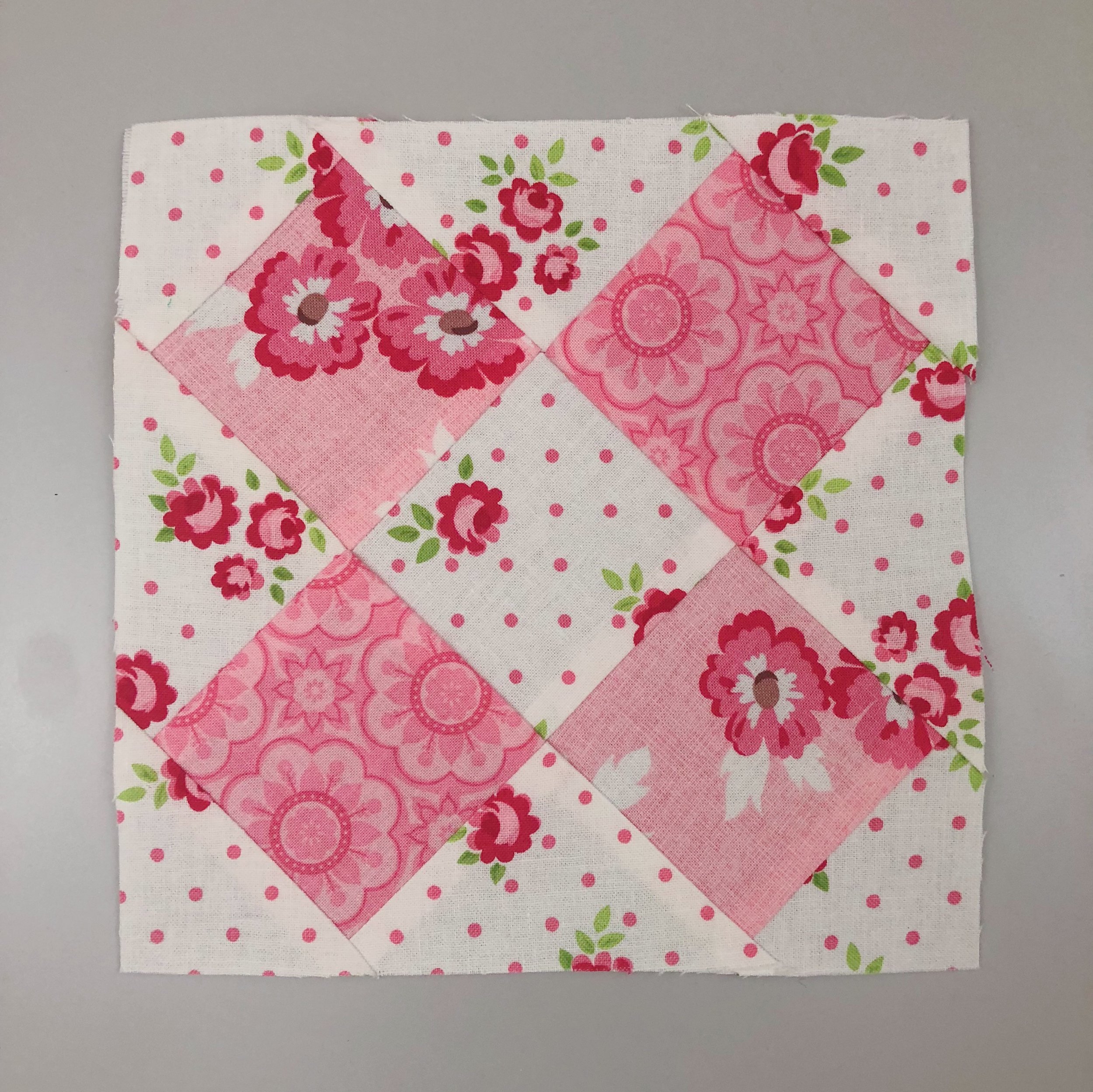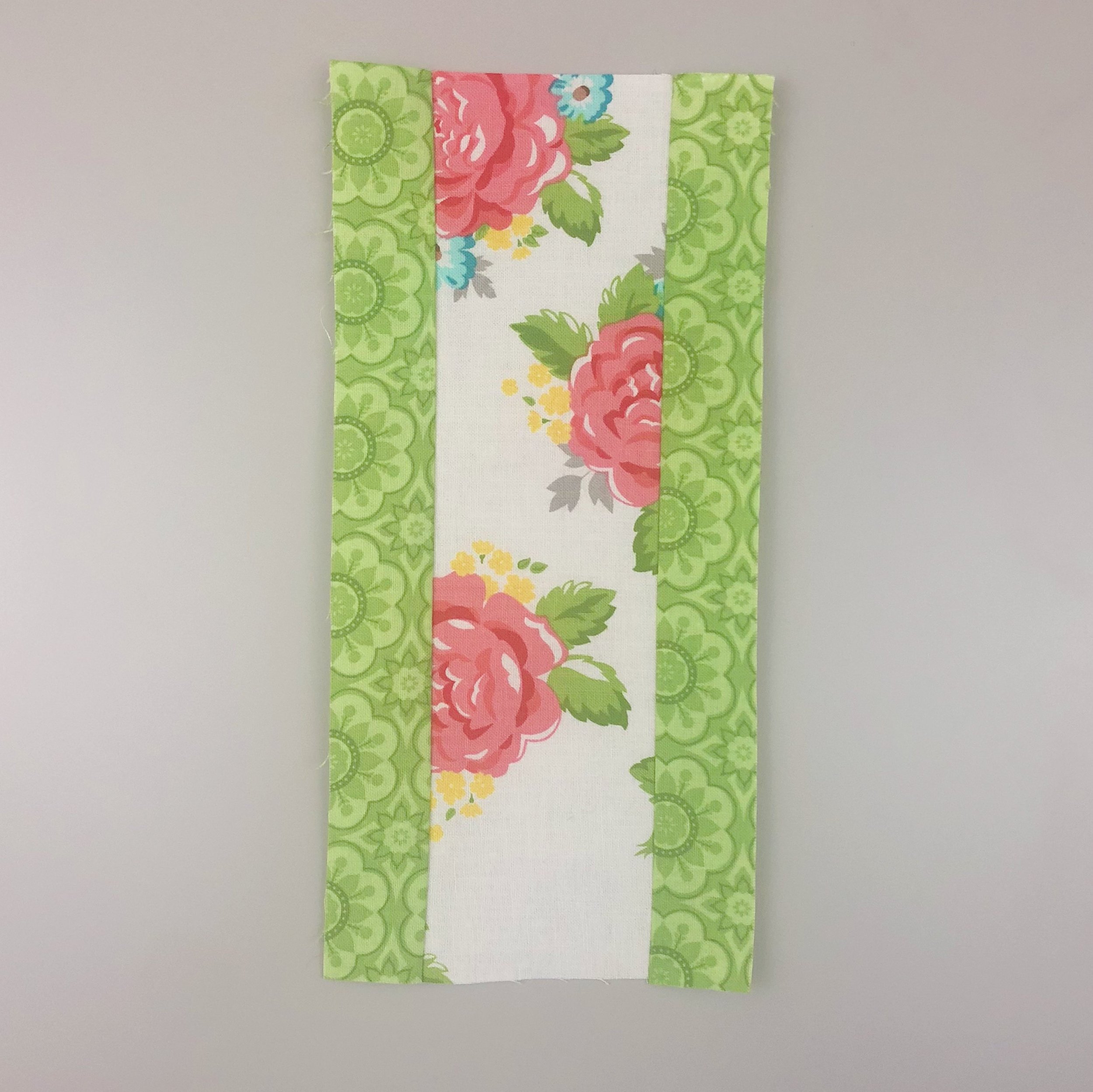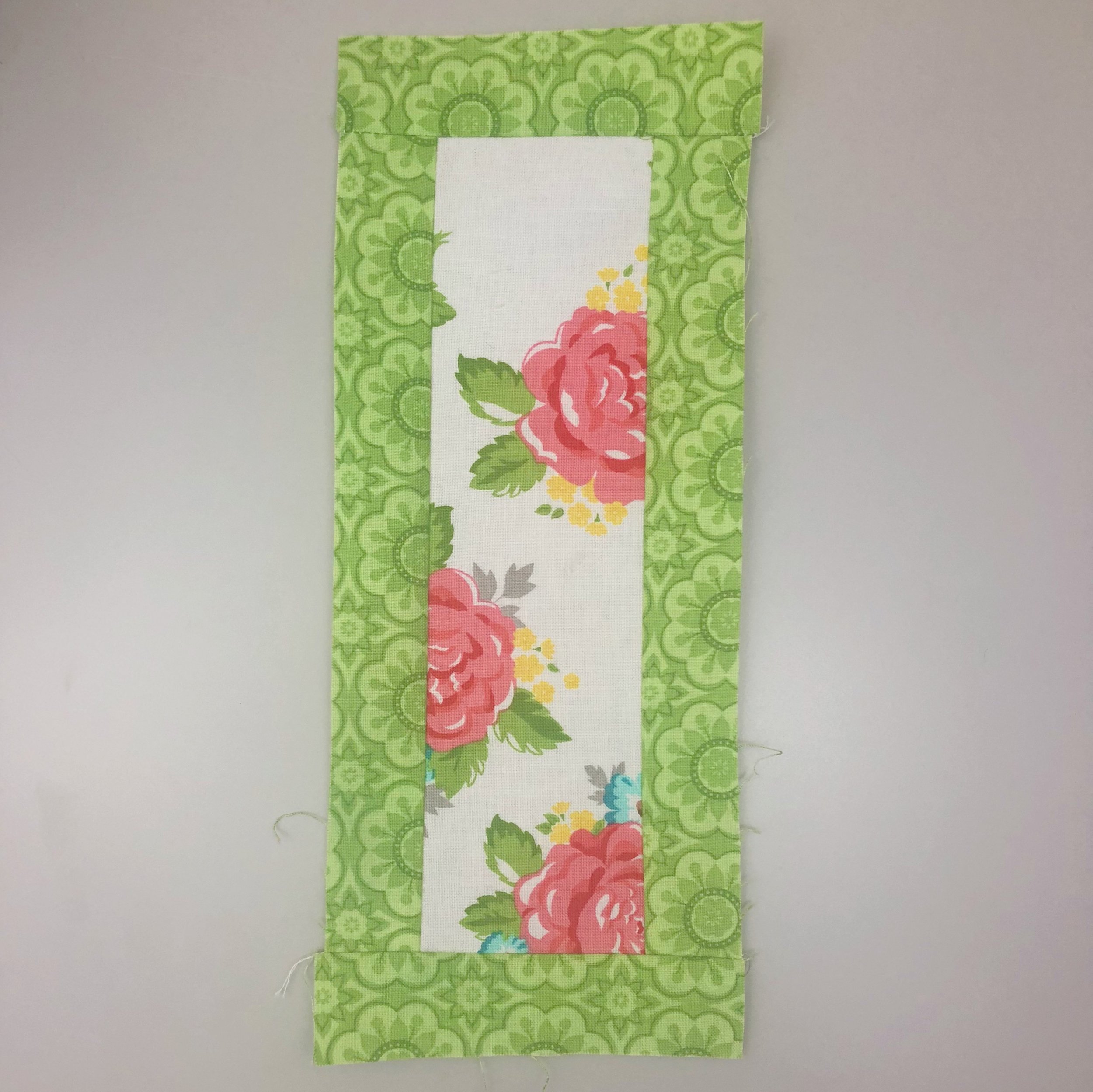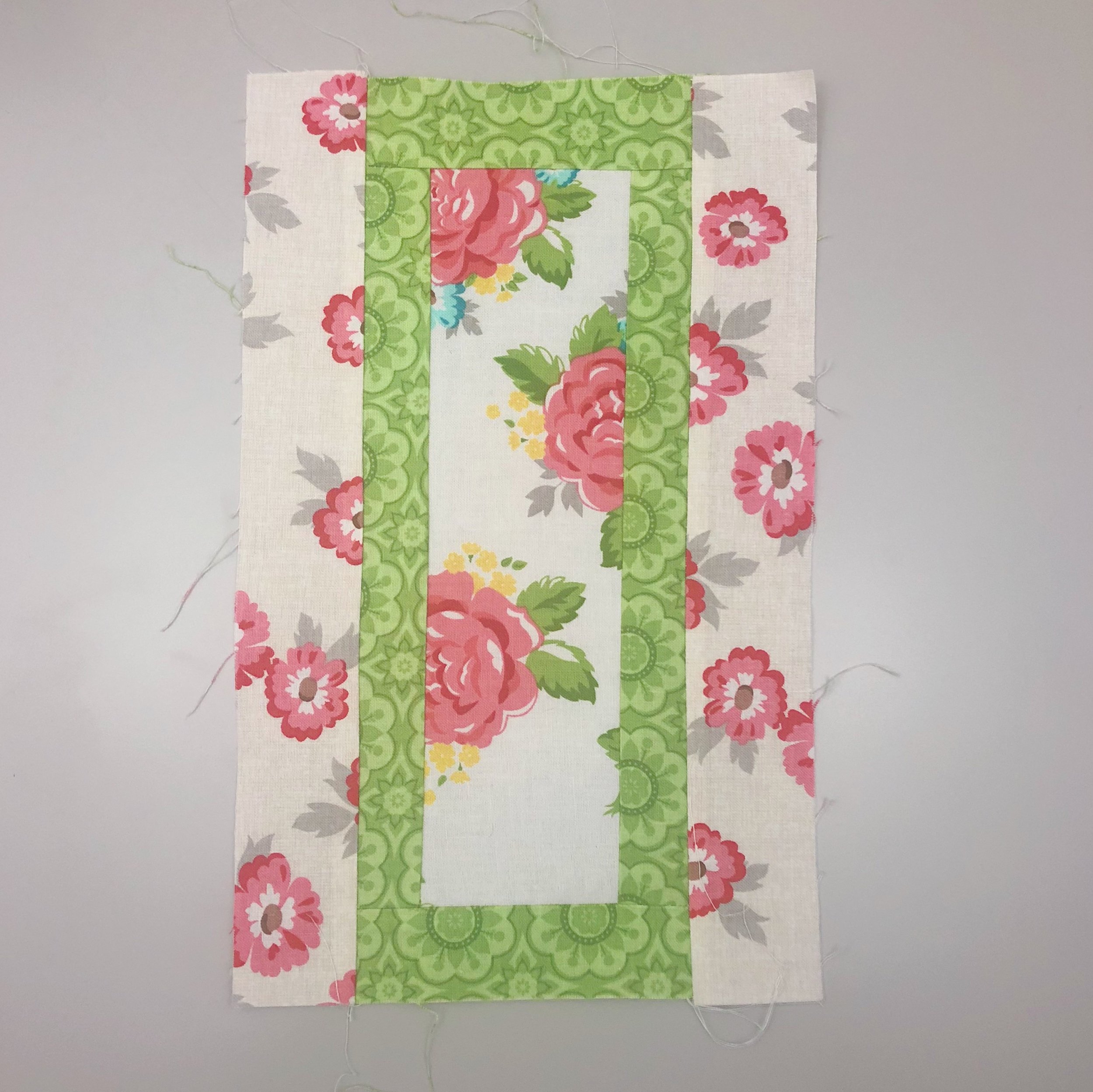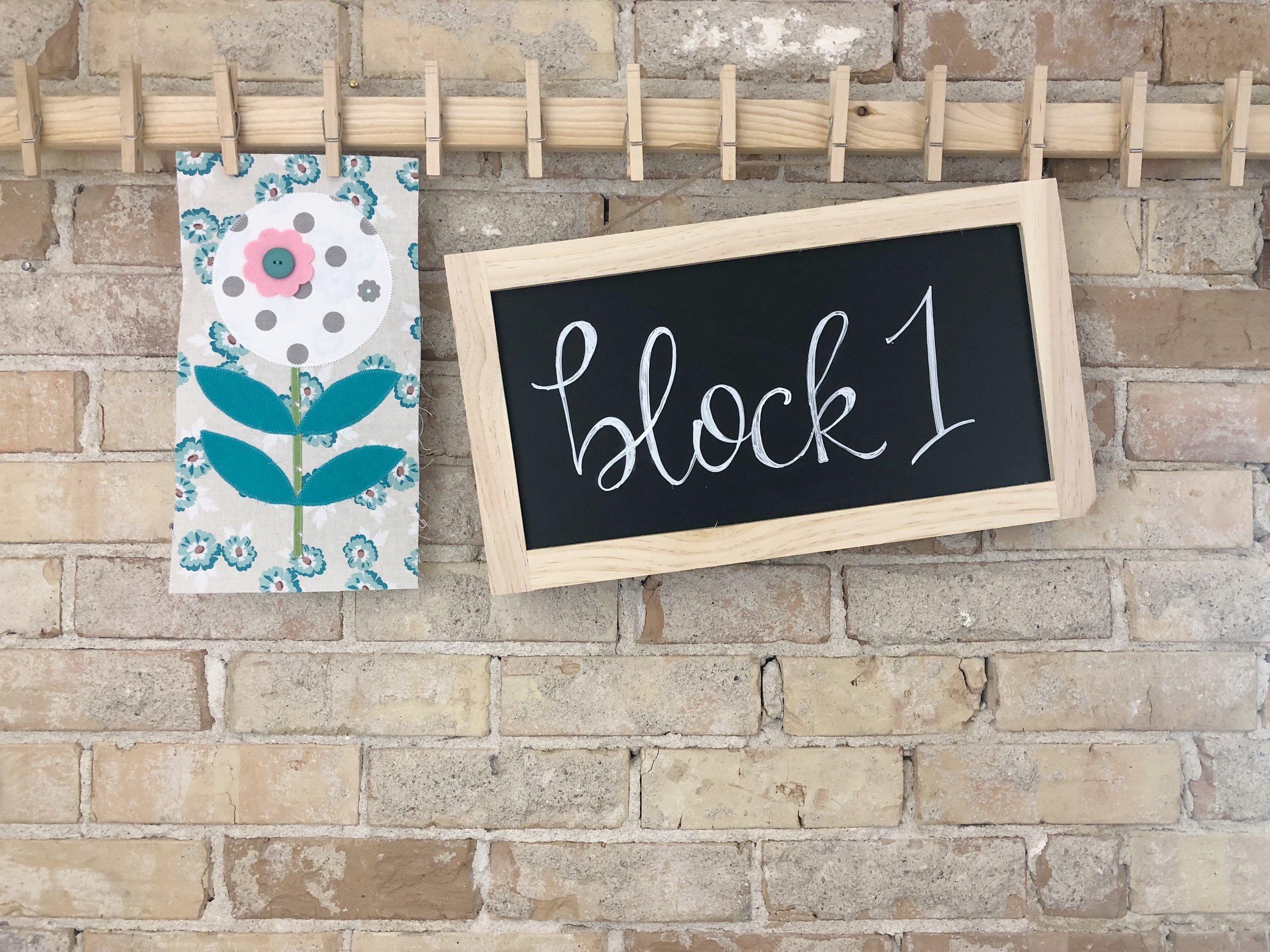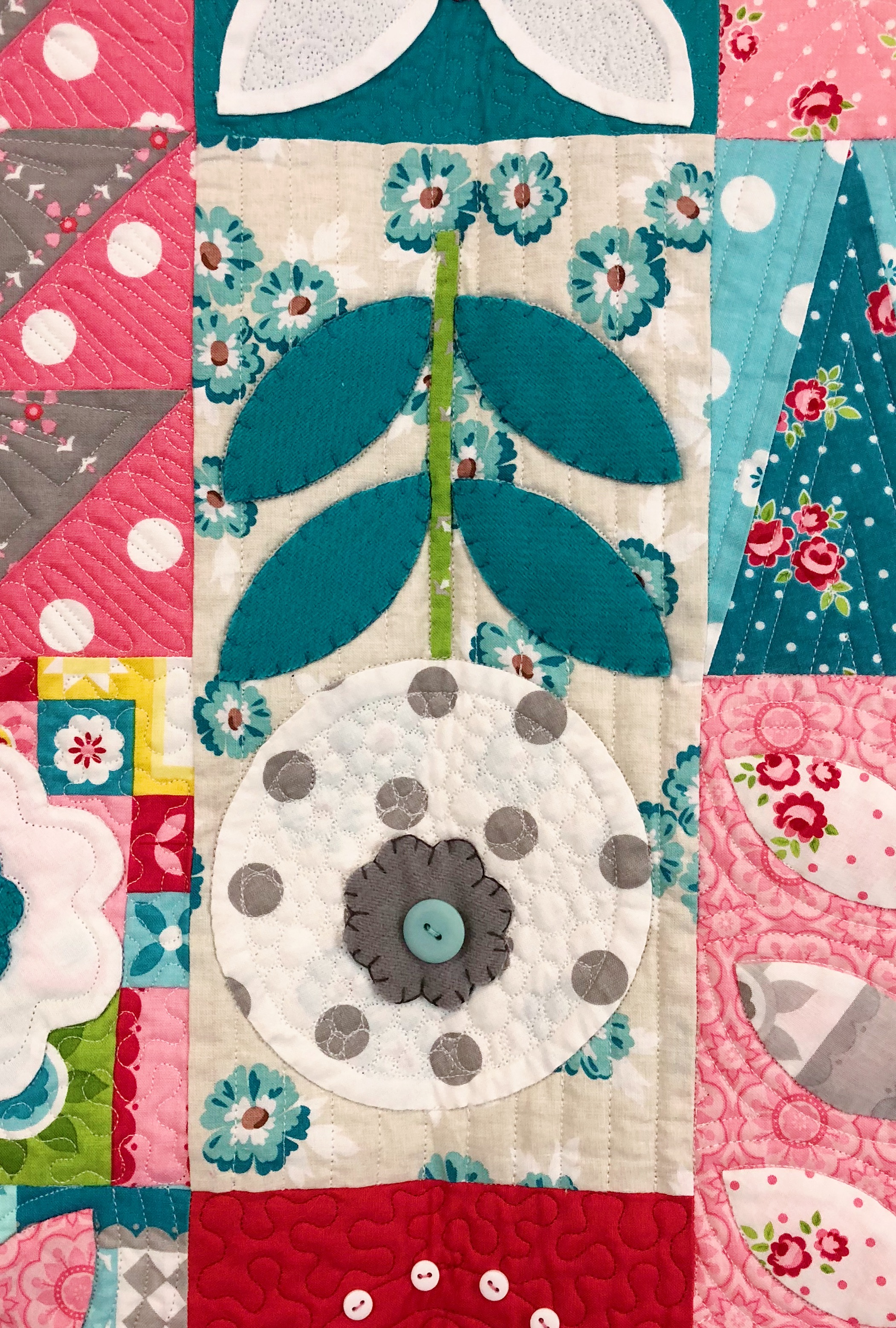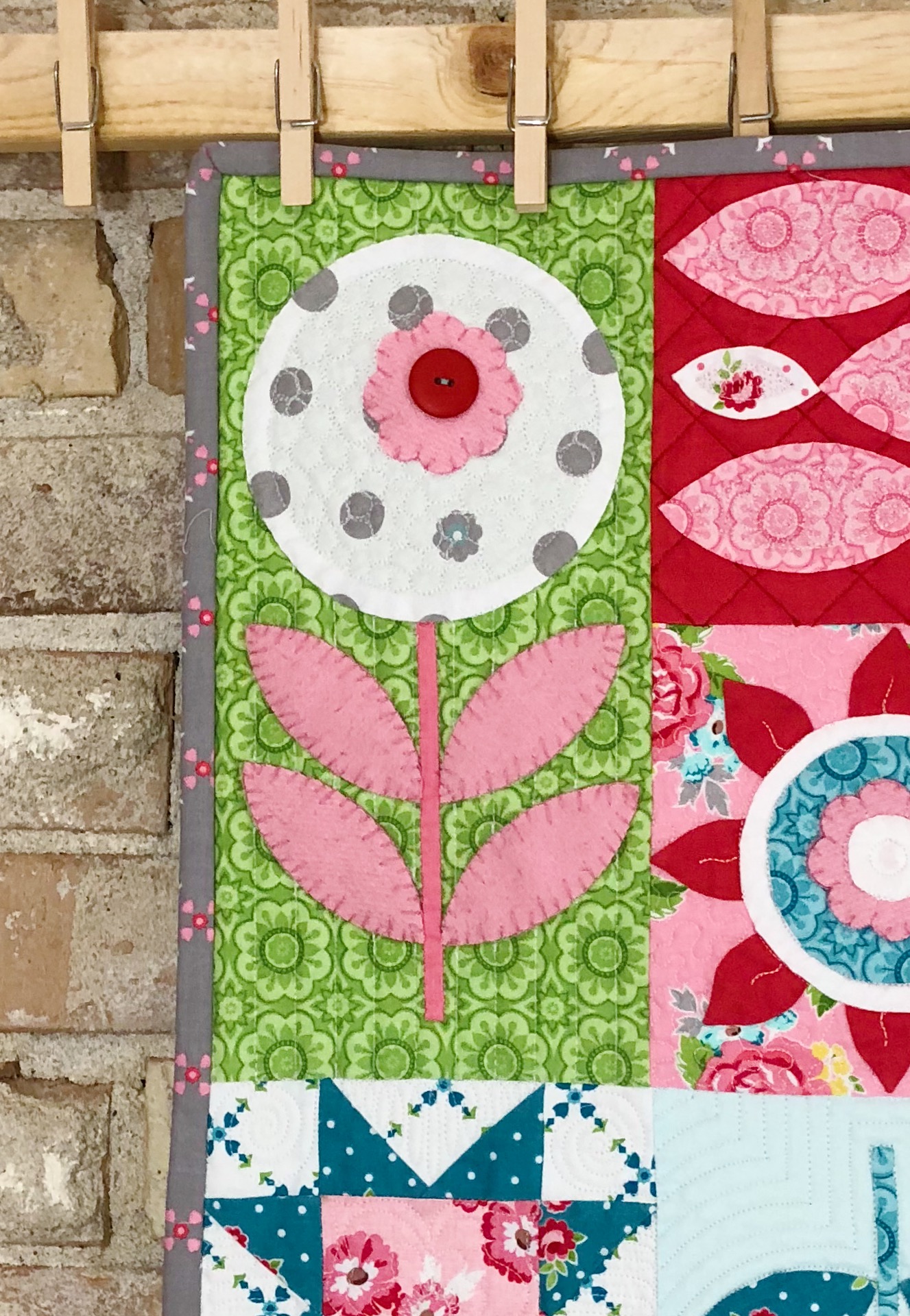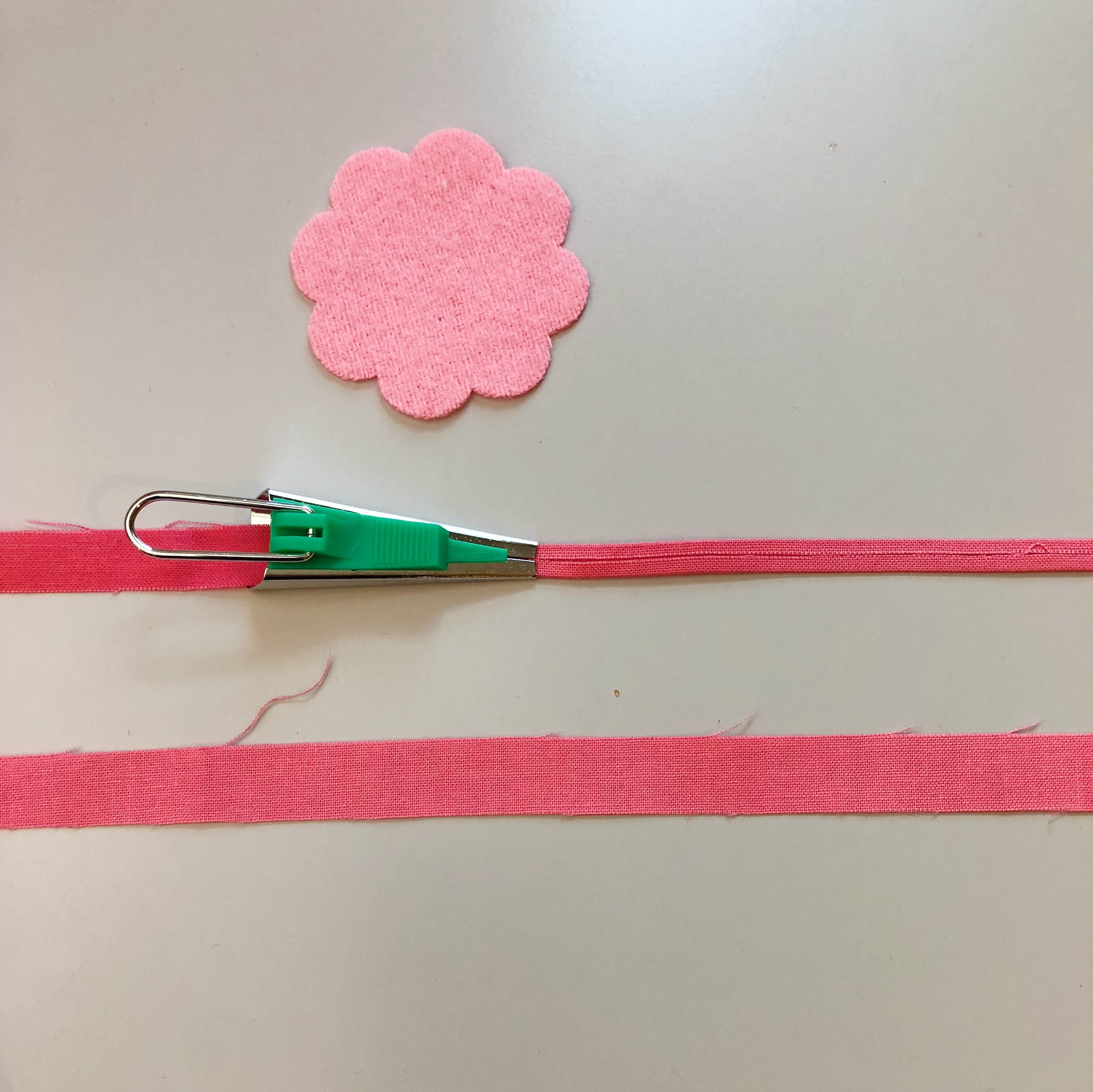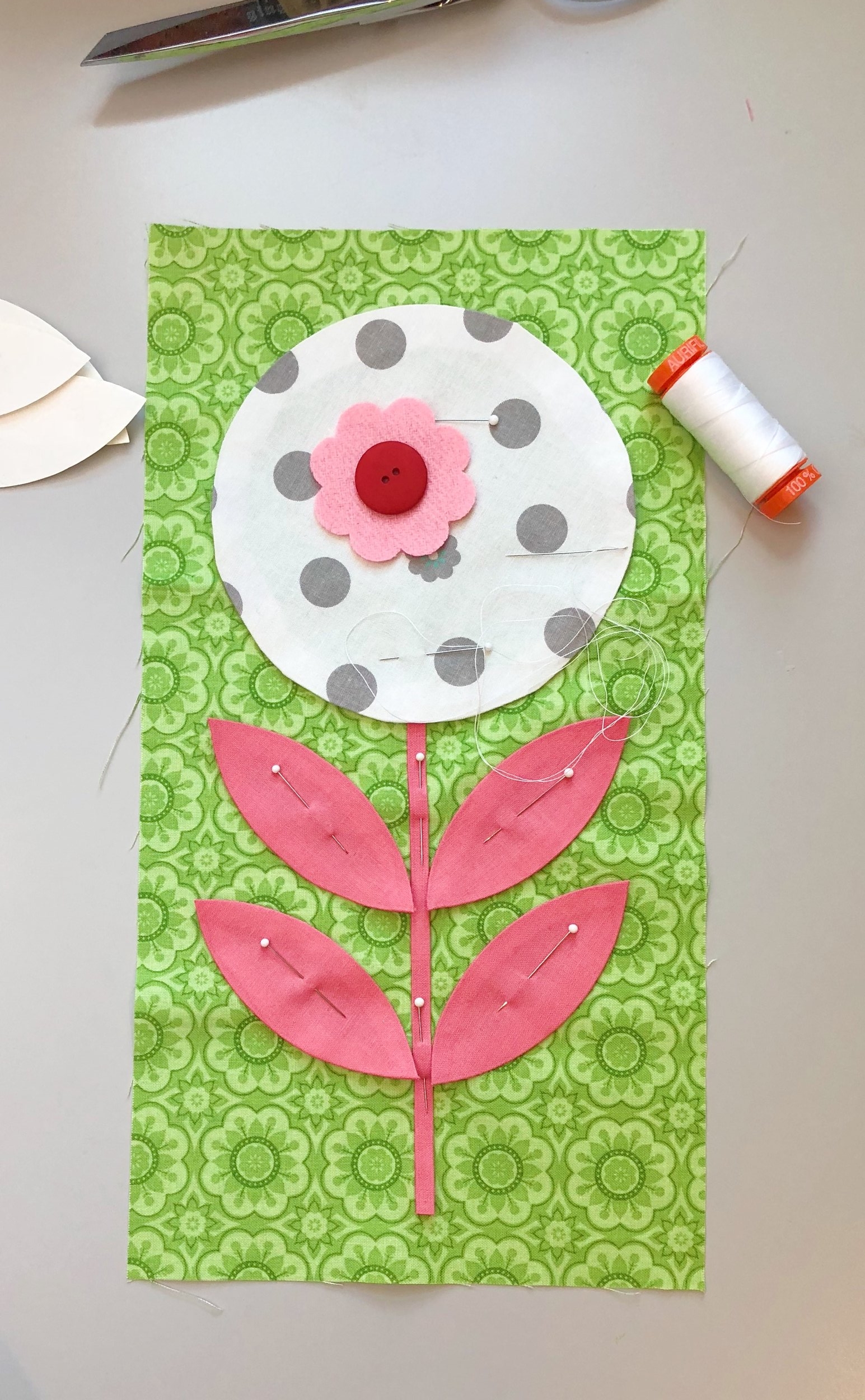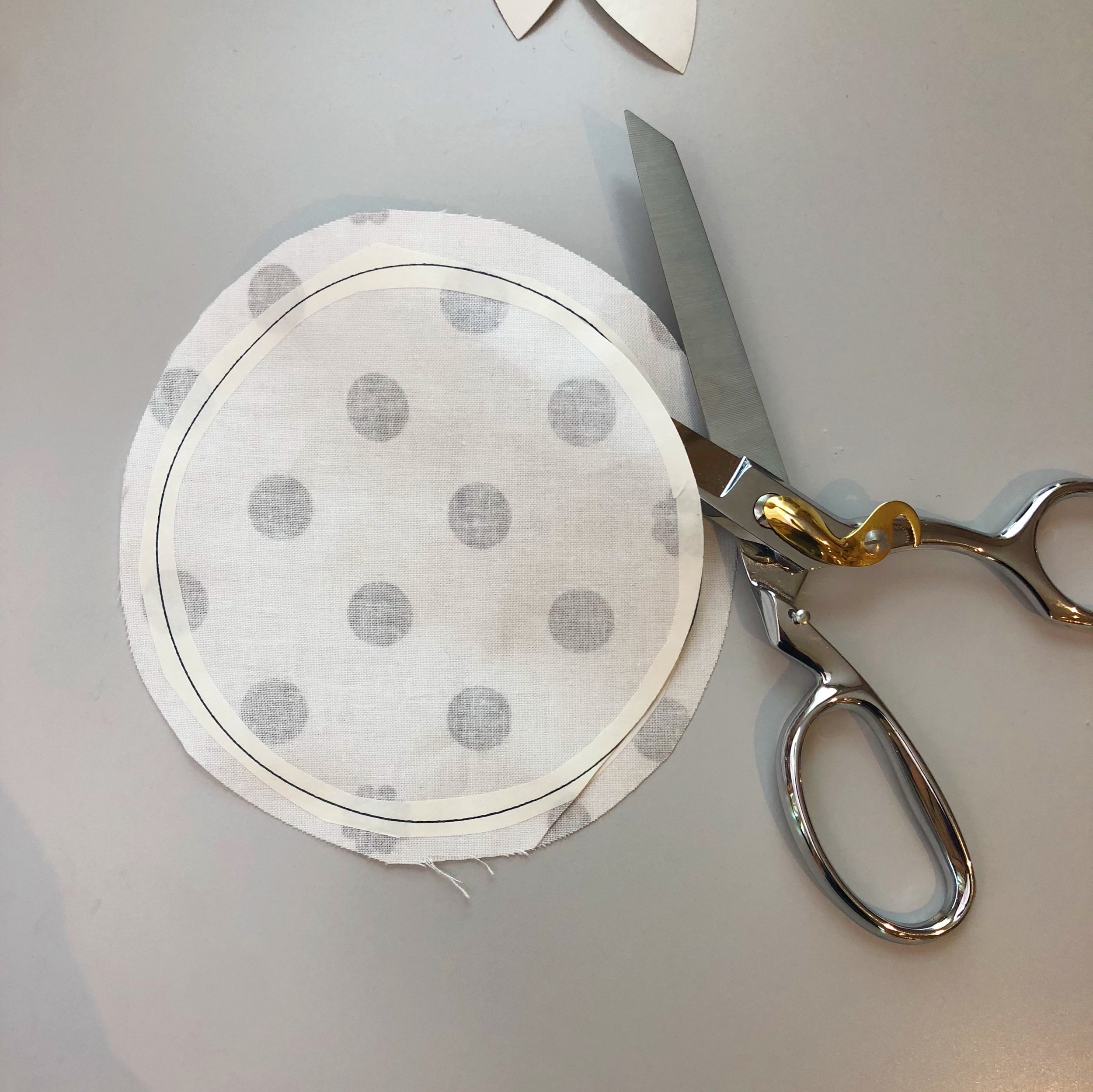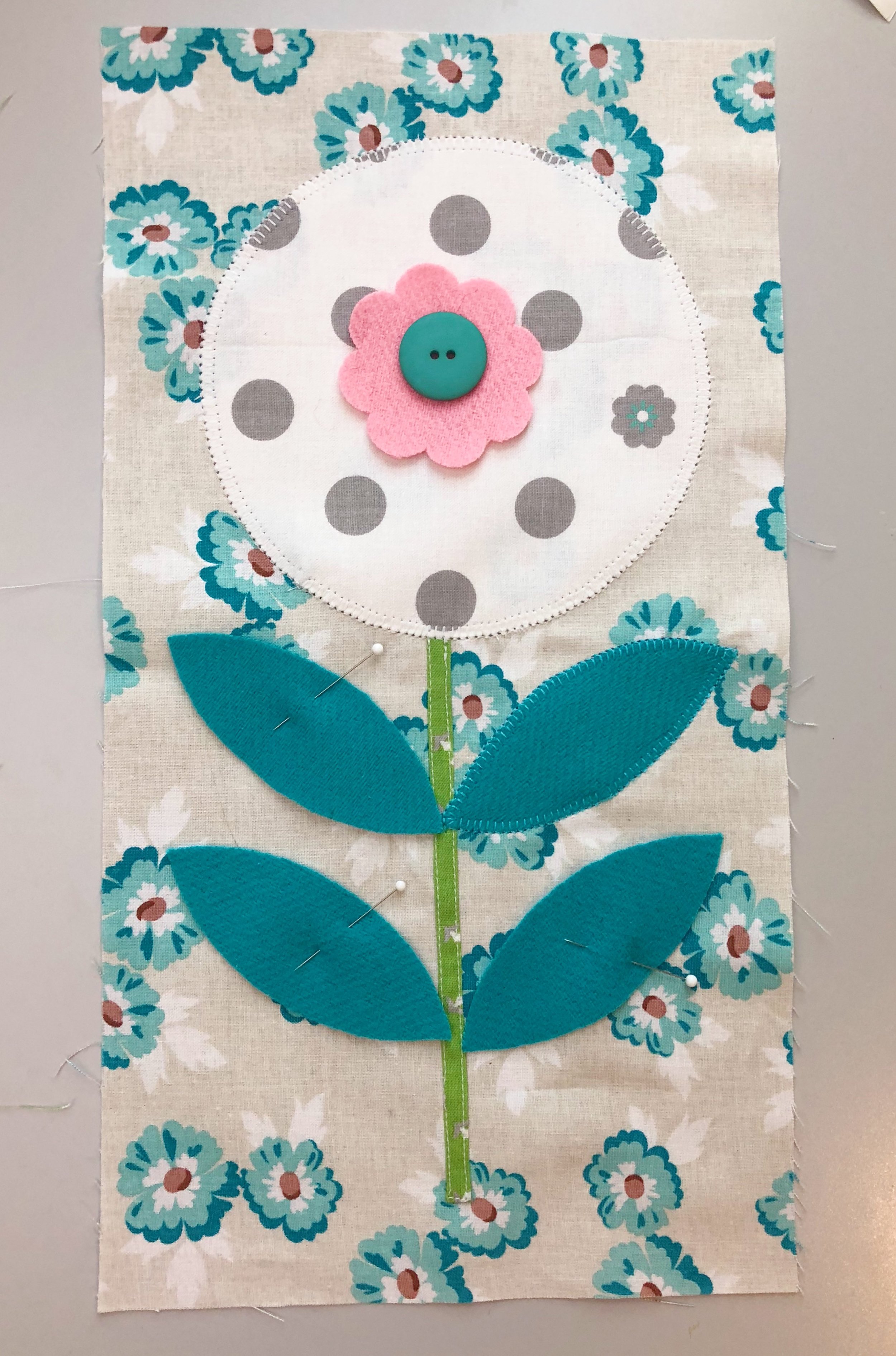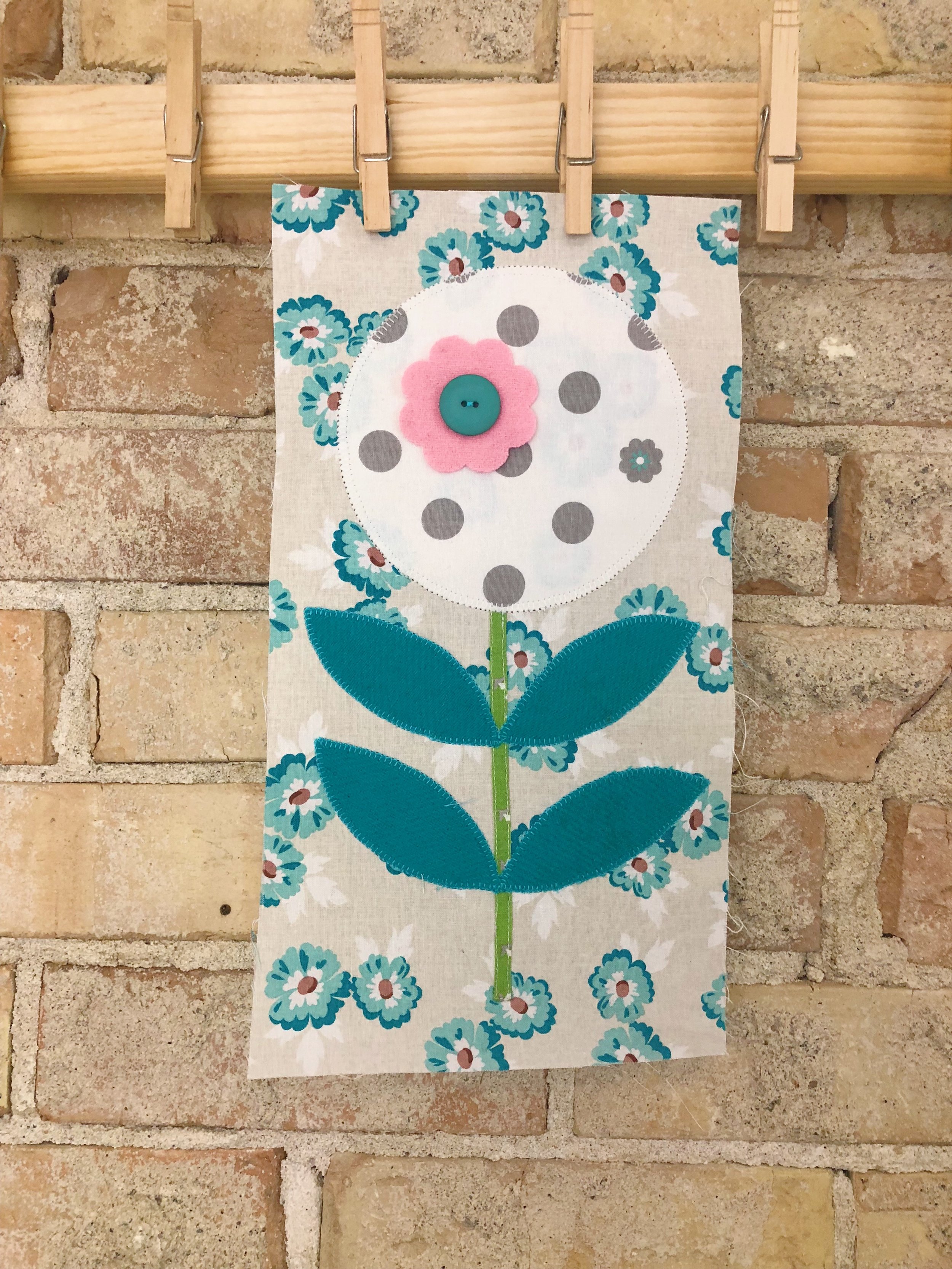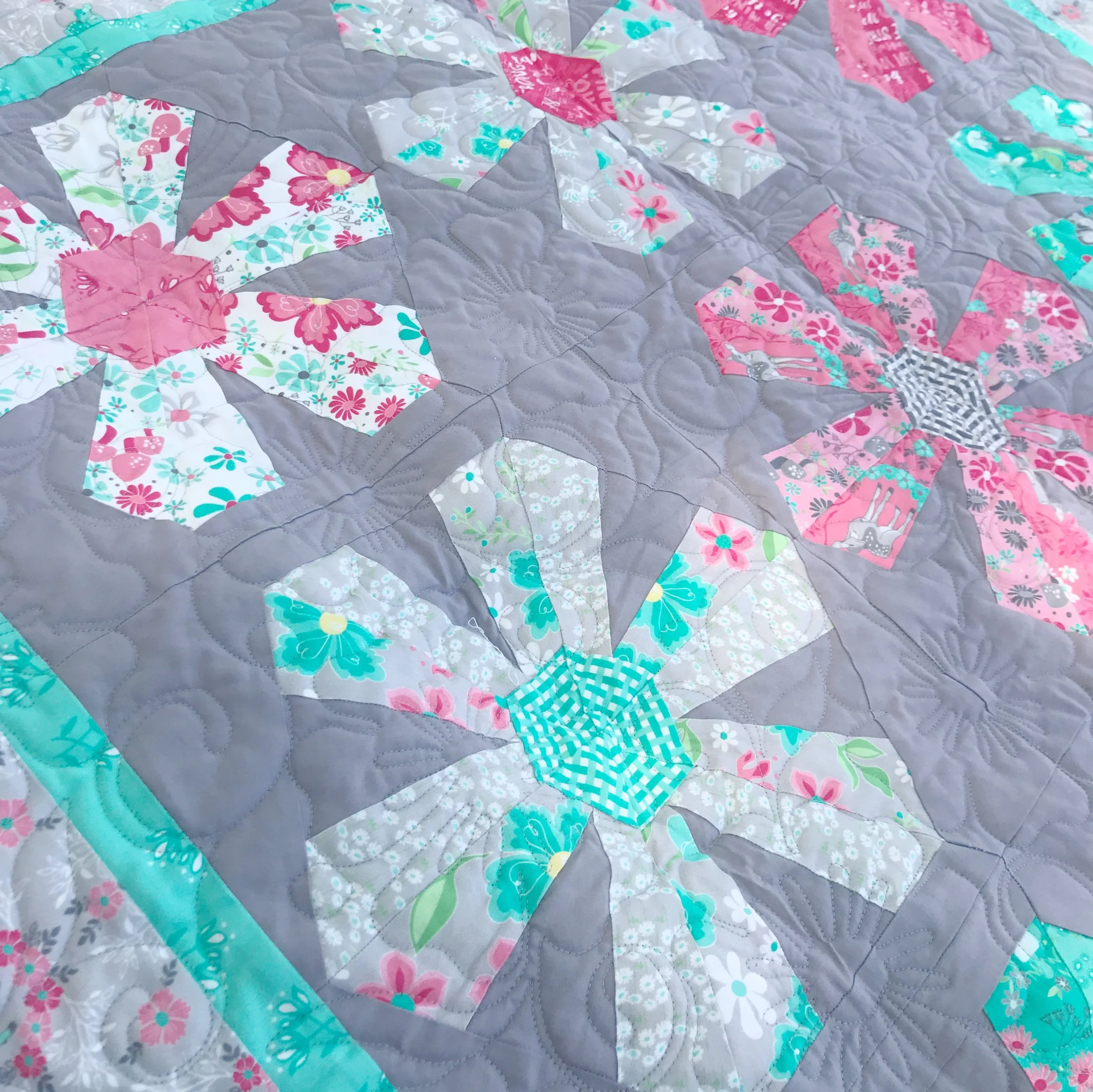All human are built to be empathetic. Just hang around small children for a while if you don’t believe it. They will often break down and cry just because someone else is. Conversely when kids are happy and excited, other children will pick up on that and emulate that mood.
“From birth, infants pick up on emotional cues from others. Even very young infants look to caregivers to determine how to react to a given situation,” says Jennifer E. Lansford, PhD, a professor with the Social Science Research Institute and the Center for Child and Family Policy at Duke University. Empathy is something we are all born with. However, our empathy can grow if we will exercise it.
Diana Raab PhD writing for psychologytoday.com shares 7 ways to nurture (grow) your empathy.
• Be self-aware. The more open you are to your own emotions, the more easily you will be attuned to the emotions and feelings of others.
• Observe body language. Often we can tell a lot by watching other people’s body language or non-verbal cues. Watch for facial expressions, hand motions, gestures and tone of voice.
• Be in tune to someone’s emotional truth. It’s more important how a person says something than by what they say. Studies have shown that 90 percent of the messages we receive from other people are nonverbal.
• Be a good listener. To be empathetic you have to really hear what the other person is telling you. To develop empathy, it’s important to have all the details. Give the other person a chance to express themselves and refrain from interrupting.
• Suspend judgement and disbelief. While listening is key to developing empathy, it’s also important not to judge what the person is telling you. It’s equally important not to offer tips or suggestions. When you want to fix someone else’s problem, then there’s a good chance you’re not empathetic. If you’re thinking about fixing the problem, you’re not in tuned to what they’re going through.
• Use reflection. While reflection is important in writing, it’s also an integral part of being a healer. This is in-line with Carl Rogers therapeutic practice by clarifying back to the person what they’re feeling. You might say something like, “It seems to me you’re saying that your feelings are hurt.”
• Put aside your own views and values. It’s important to do this so that you’re completely focused on the other person’s needs.
Empathy is a wonderful and necessary quality in our friendships and other relationships.












